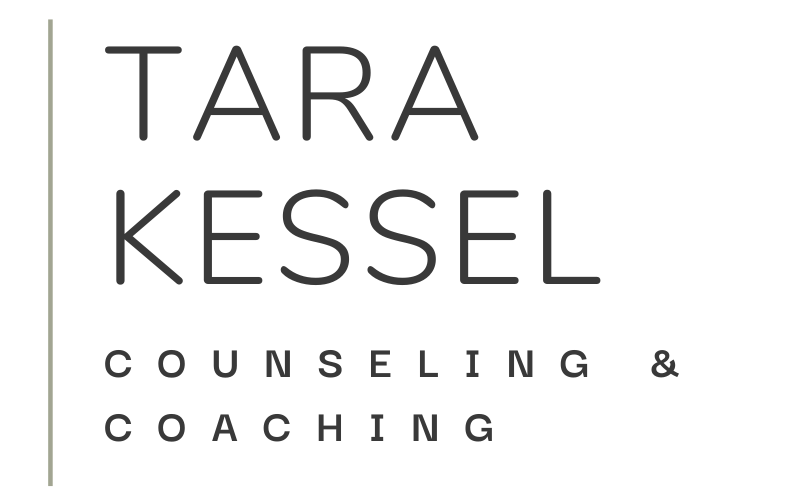
ONLINE THROUGHOUT WASHINGTON STATE
Trauma Therapy
IN PERSON NEAR OLYMPIA, LACEY & TUMWATER, WA
Is your past interfering with your life today?
Maybe it was an accident, an assault, or an incident at work. Maybe it was a difficult relationship or betrayal by someone you trusted. Whatever it was, it changed things for you and you haven’t felt the same since.
Maybe you’re noticing:
You’re feeling tense, anxious, or on-edge all the time.
You’re struggling to stay focused and meet your responsibilities.
You feel exhausted and worn down all the time. Just getting through the day feels like a major task.
Your relationships are suffering. Maybe you’re isolating from others or losing patience with your loved ones. You feel bad because this isn’t you. And this isn’t what you want for your relationships.
Trauma therapy can help.
MY APPROACH TO TRAUMA THERAPY
It may feel impossible now, but you can feel better. You can heal. You can enjoy life again. And I can help you get there.
My approach to trauma therapy involves moving at a pace that feels safe and comfortable for you. You don’t have to talk about anything you don’t want to. We’ll make sure you have the skills, information, and support you need to confidently handle any challenges that come your way.
We’ll also use evidence-based and promising techniques, like EMDR and Flash, to help you start feeling better as efficiently as possible. This means feeling some relief sooner than you might with other types of therapy.
Our work together will also be guided by neuroscience: we’ll use information about how your mind and body work to help you heal your nervous system, which can hold on to difficult experiences and cause you to feel anxious, depressed, or like you’re re-experiencing them.
Through our work together, you’ll experience relief, insight, confidence, and start feeling better.
Trauma therapy can help you:
Understand why your experiences have impacted you the way they have.
Build and strengthen your skills for managing stress, anxiety, and challenging situations.
Experience relief from the physical, mental, and emotional distress you’re experiencing.
Experience insight.
Strengthen your self-confidence and self-esteem.
Strengthen your ability to connect with others and have healthy relationships.
Figure out what you’d like your life to look like now, if you’re not sure.
Move forward with healing and start feeling better.
You can enjoy life again.
I’M HERE TO SUPPORT YOU AS YOU BUILD SOMETHING NEW.
FAQS
Common questions about trauma therapy
-
Trauma is a reaction you experience after an overwhelming event. You might have experienced the event directly, witnessed the event, or know someone who experienced the event.
Trauma involves changes in how you view yourself and the world around you. You might also feel like you’re re-experiencing the event when something reminds you of it.
If you’ve noticed changes in how you think, feel, and act after a stressful event, you might have experienced trauma.
If you’re not sure whether you’ve experienced trauma but are interested in therapy with me, please contact me to schedule an initial consultation.
-
Trauma therapy starts with an intake session, during which we’ll talk about your history, how you’re doing now, and your goals. We won’t talk in detail about your difficult experiences, and you don’t have to share anything you don’t want to. From there, we’ll make a plan and meet regularly to help you meet your goals.
Sessions usually consist of talking about how things are going and specific exercises to help you get where you want to be. They might also include special techniques, like EMDR and Flash, to help lower the bad feelings about your past experiences. Through our work together, you’ll experience relief, insight, confidence, and start feeling better.
-
You only need to share what you’re comfortable sharing. For some people, talking about what happened can feel like part of their healing. Others do not want to talk about what happened, and that’s ok too. There are types of treatment, like EMDR and Flash, that do not require talking in detail to experience relief and move forward with healing.
-
This will depend on your past experiences, how you’re doing now, and your goals. I’ll be able to give you an estimated time frame after your initial consultation and first session. Some people work with me for several months, while others work with me for more than a year. However, you will ultimately decide how long you want to be in therapy.
-
What you get out of therapy often depends on what you put into it. If you show up every week, committed to your healing and open to trying some new things, chances are you’ll experience some success.
Healing is an ongoing process that involves time, effort, and consistency. I’ll be there to support you along the way and share what I’ve learned after more than a decade of working with survivors of trauma and other stressful experiences. We’ll also use evidence-based practices to guide your treatment, and move at a pace that feels safe and comfortable for you.
One of the most important factors in successful therapy is working with a therapist who is a good fit. This is why we’ll start with a free, confidential initial consultation - to ensure we’ll be a good fit moving forward. If it turns out I’m not the right therapist for you, I’ll also try to help you connect with someone who may be a better fit.
-
To get started, you can click here to schedule an initial consultation. During our consultation, we’ll talk about why you’re interested in therapy, what you’d like to get out of our work together, and I’ll answer any questions you have. If it seems like we’ll be a good fit, you’ll have the option to schedule your first session at that time. If we’re not a good fit, no problem - I can refer you to another skilled therapist in my network.

